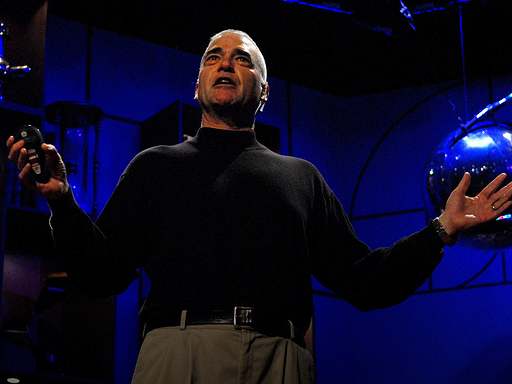Peter D. Ward studies life on Earth — where it came from, how it might end, and how utterly rare it might be.
Why you should listen
Paleontologist and astrobiologist Peter D. Ward studies the Cretaceous-Tertiary extinction event (the one that killed the dinosaurs) and other mass extinctions. He is a leader in the intriguing new field of astrobiology, the study of the origin, distribution and evolution of life in the universe.
In his book Rare Earth he theorizes that complex life itself is so rare, it's quite possible that Earth is the only planet that has any. But, he theorizes, simple life may exist elsewhere -- and possibly be more common than we think.
His upcoming book, The Medea Hypothesis, makes a bold argument that even here on Earth, life has come close to being wiped out several times. Contrary to the "Gaia hypothesis" of a self-balancing, self-perpetuating circle of life, Ward's Medea hypothesis details the scary number of times that life has come close to flatlining, whether due to comet strikes or an overabundance of bacteria.
In March 2009, Ward's 8-hour television series, Animal Armageddon, premieres on Animal Planet Network.
In April 2013, Ward published a surprisingly moving essay about his life's obsession: the chambered nautilus >>
What others say
“What are the chances of all the necessary factors coming together to allow the emergence of complex organisms? Not good, unfortunately. As far as we know, it's only happened once.” — review of Rare Earth in the Skeptical Inquirer

